Baby Albino Blue Tegu
$1,499.99
Description
Albino Blue Tegu for sale is a color variation or morph of the Tegu lizard (Salvator sp.). It has a white or cream-colored body with blue or bluish-gray patterns due to a lack of melanin pigmentation.
Baby Albino Blue Tegu lack the characteristic dark pigmentation found in wild-type Tegus. Instead, their scales are predominantly white or cream in hue. The blue or bluish-gray markings on the body, tail, and limbs can vary in intensity and design, and they frequently occur as spots, blotches, or bands.
Albino Blue Tegus, like other Tegus, require a large container with adequate heating, lighting, and humidity levels. They are omnivorous and require a broad diet of insects, small mammals, fruits, vegetables, and other plant stuff to suit their nutritional requirements.
It’s crucial to remember that Tegus, even unique morphs like the Albino Blue Tegu, require special care and can grow to be quite large. They require knowledgeable reptile caretakers who can provide appropriate habitat, diet, and care. Furthermore, be aware of any local regulations or restrictions on tegu ownership, as they may be subject to laws in some locations. It is critical to purchase any reptile from trustworthy breeders who prioritize the animals’ health and welfare.
WE HAVE BABY ALBINO BLUE TEGUS FOR SALE. HERE ARE SOME HIGHLIGHTS:
- Salvator Merianae
- U.S. Captive Bred
- Males And Females Available
- About 8 – 10 Inches In Length
- Adults Will Average In Sizes Around 3-4 Feet In Length
- Babies Are Feeding On Crickets, Super Worms, Roaches, Cut Up Gizzards, And Vitamin Dusted Ground Turkey
FUN FACTS!
- Produced Right Here At Underground Reptiles
- Overly Cute And Super Friendly Little Lizards That Age Into Big Puppy Dogs With Handling And Care
- Tegus Can Be Naturally Found All Throughout South America Ranging From Argentina, To Paraguay And Their Neighboring Countries
- Living In Forest Edge Savannahs, And Rain Forests In South America These Tegus Thrive In Hot Humid Environments
- These Reptiles Are Diurnal Hunters Staying Active During The Day And Sleeping In Burrows At Night
- With Proper Care These Tegus Can Live 20 – 25 Years In Captivity

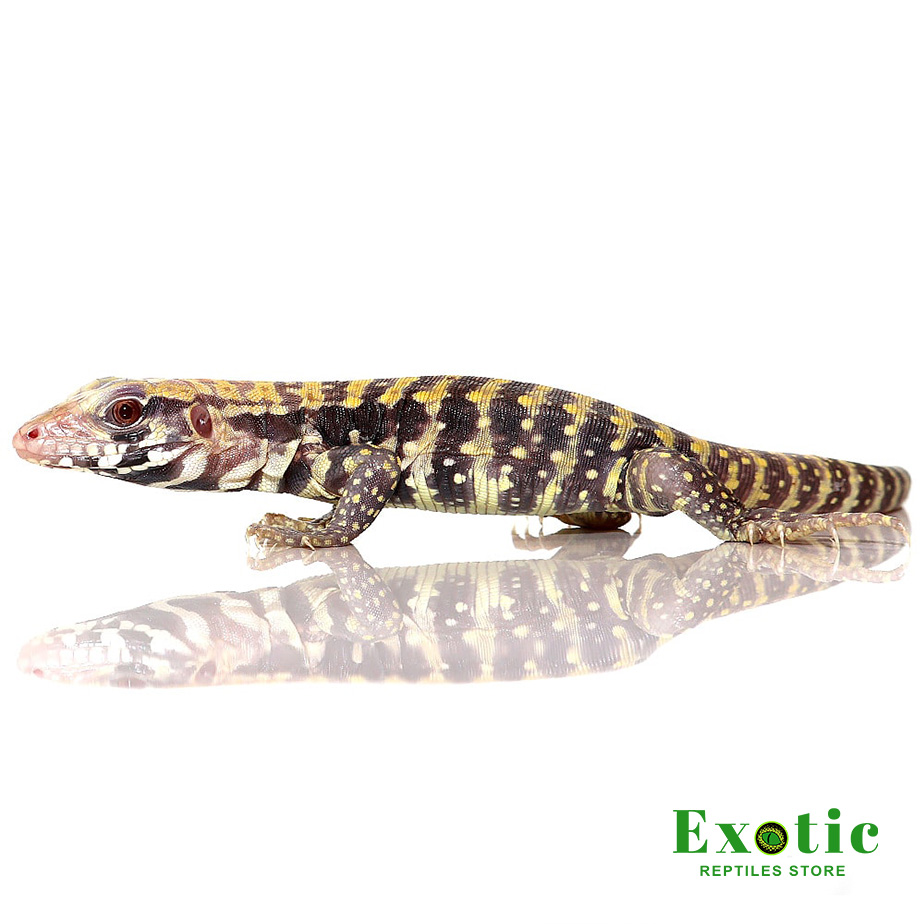
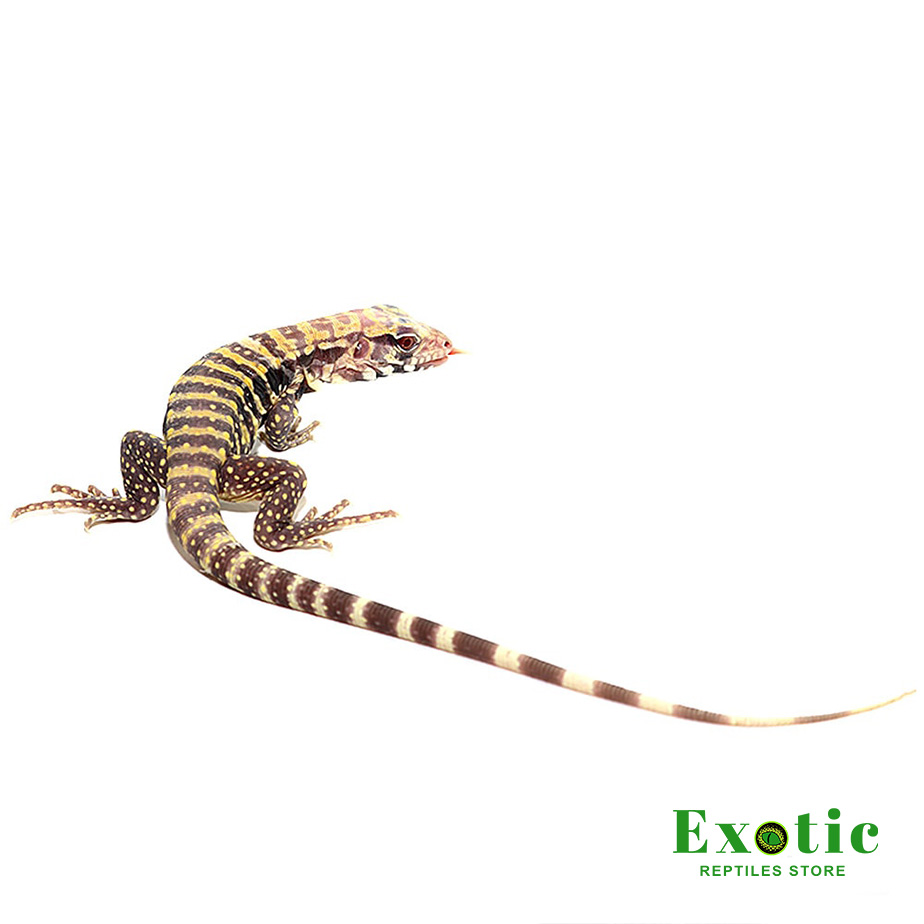
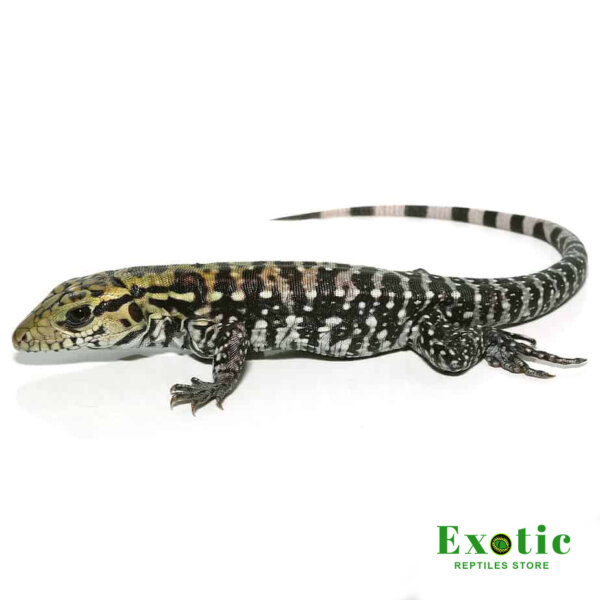
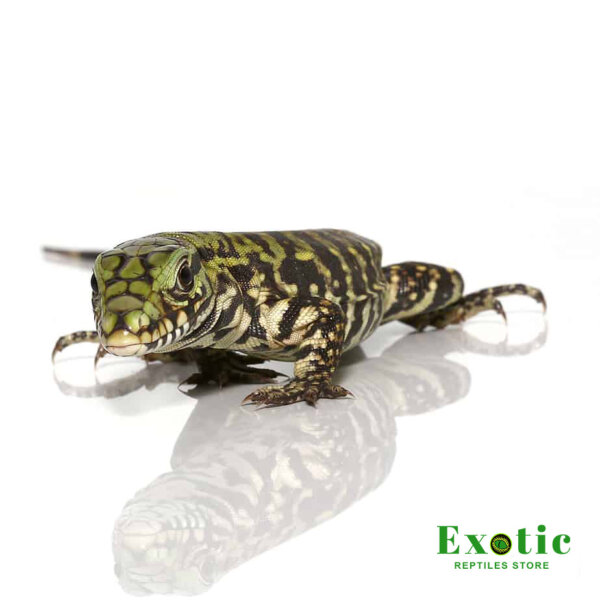
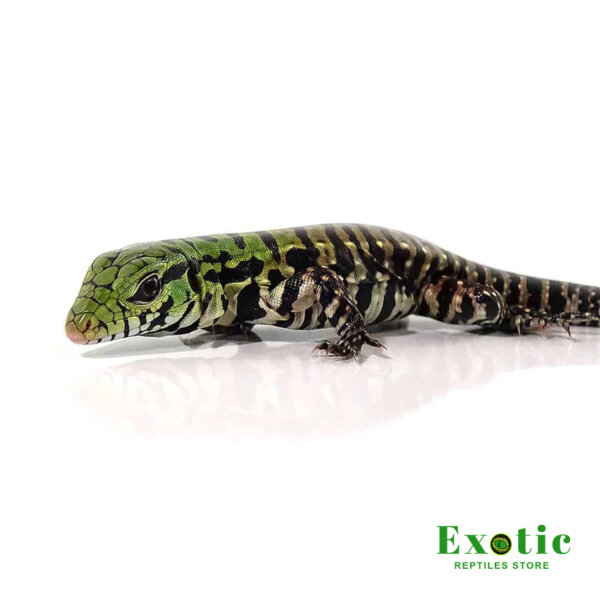
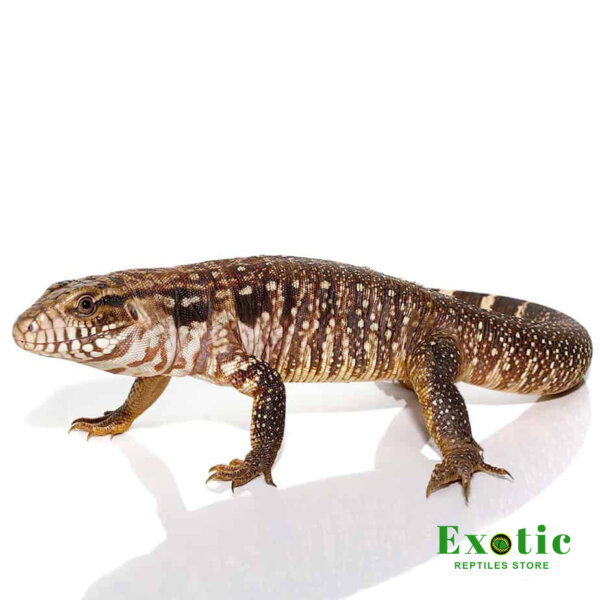
Reviews
There are no reviews yet.